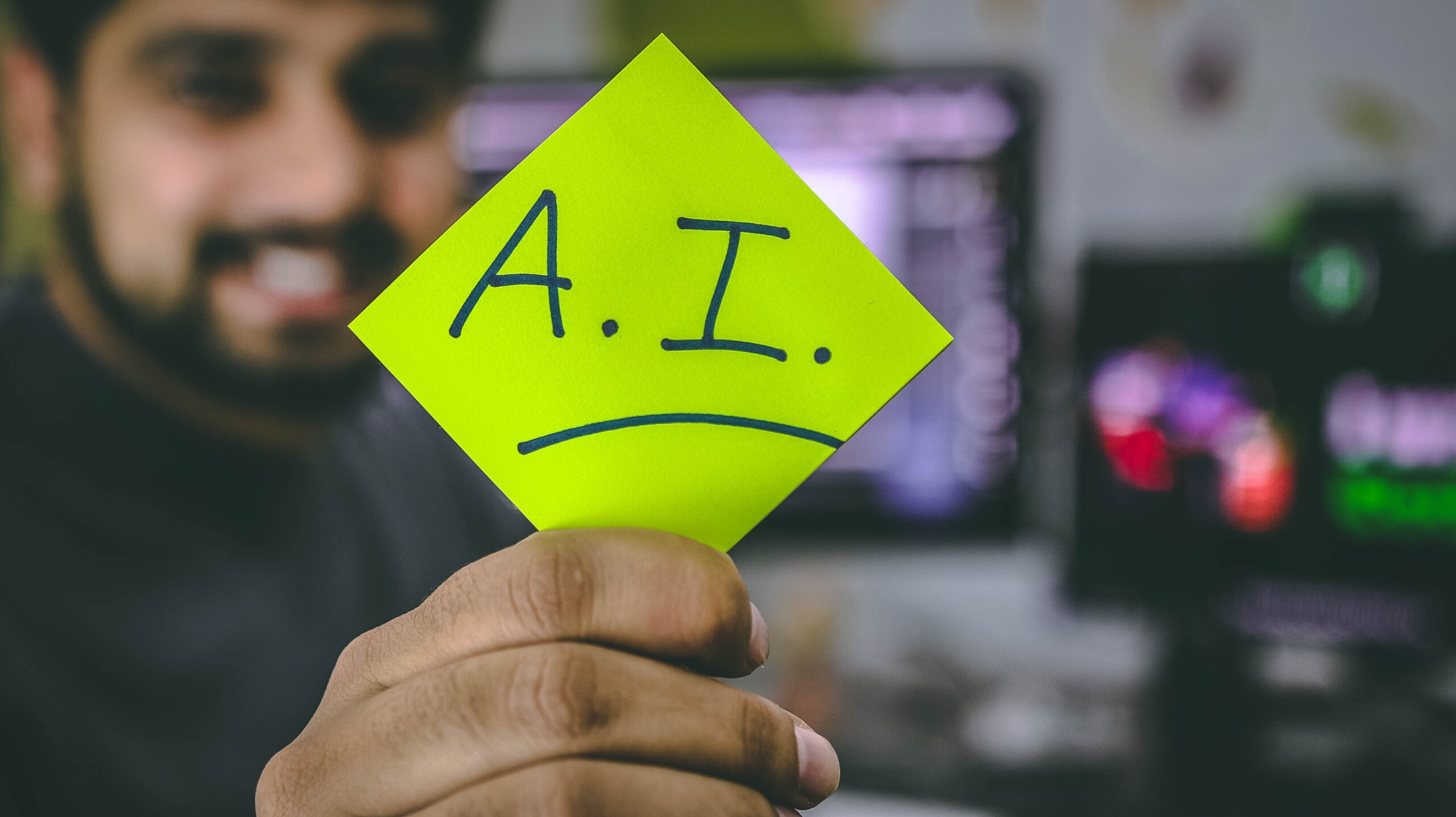
Will Paralegals Have to Become Experts at Spotting “Deep Fakes?”
With the rapid advancement of artificial intelligence (AI) and deep learning, the creation of “deep fakes” has become a growing concern. Deep fakes are synthetic media that use AI algorithms to manipulate images and videos, making it possible to create realistic-looking but fake content. This has raised questions about the impact that deep fakes will have on the legal profession, and whether paralegals will need to become experts in identifying them.
The use of deep fakes in legal proceedings could have significant implications for the integrity of the legal process. For example, deep fakes could be used to create fake evidence that could be presented in court, compromising the accuracy of legal proceedings and undermining public trust in the legal system.
In response to this threat, paralegals may be called upon to play a critical role in identifying deep fakes and ensuring that they are not used in legal proceedings. This will require them to have a strong understanding of the technology behind deep fakes and how they can be used to manipulate images and videos.
To become experts in identifying deep fakes, paralegals will need to have a strong understanding of the underlying technology and the methods used to create deep fakes. They will also need to stay up-to-date with the latest advancements in AI and deep learning, as new methods for creating deep fakes are developed.
In addition, paralegals will need to understand the legal implications of using deep fakes in legal proceedings. They will need to be able to identify the legal and ethical issues raised by deep fakes, and to advise attorneys and clients on the best course of action.
Paralegals will also need to be able to work closely with technology experts, such as computer forensics specialists, to ensure that deep fakes are accurately identified and that the underlying technology is properly understood. This will require them to have strong communication and collaboration skills, as well as the ability to work effectively with people from diverse backgrounds.
It’s important to note that the use of deep fakes in legal proceedings is a relatively new phenomenon, and the legal profession is still in the process of developing best practices for dealing with this issue. This means that there is a real opportunity for paralegals to become pioneers in this area, and to help shape the legal profession’s response to the challenge posed by deep fakes.
While the use of deep fakes in legal proceedings presents a challenge to the integrity of the legal system, it also presents an opportunity for paralegals to play a critical role in ensuring that the legal process remains accurate and trustworthy. Paralegals who become experts in identifying deep fakes will be well
positioned to play a key role in shaping the legal profession’s response to this challenge, and to help ensure that legal proceedings are fair and accurate.

